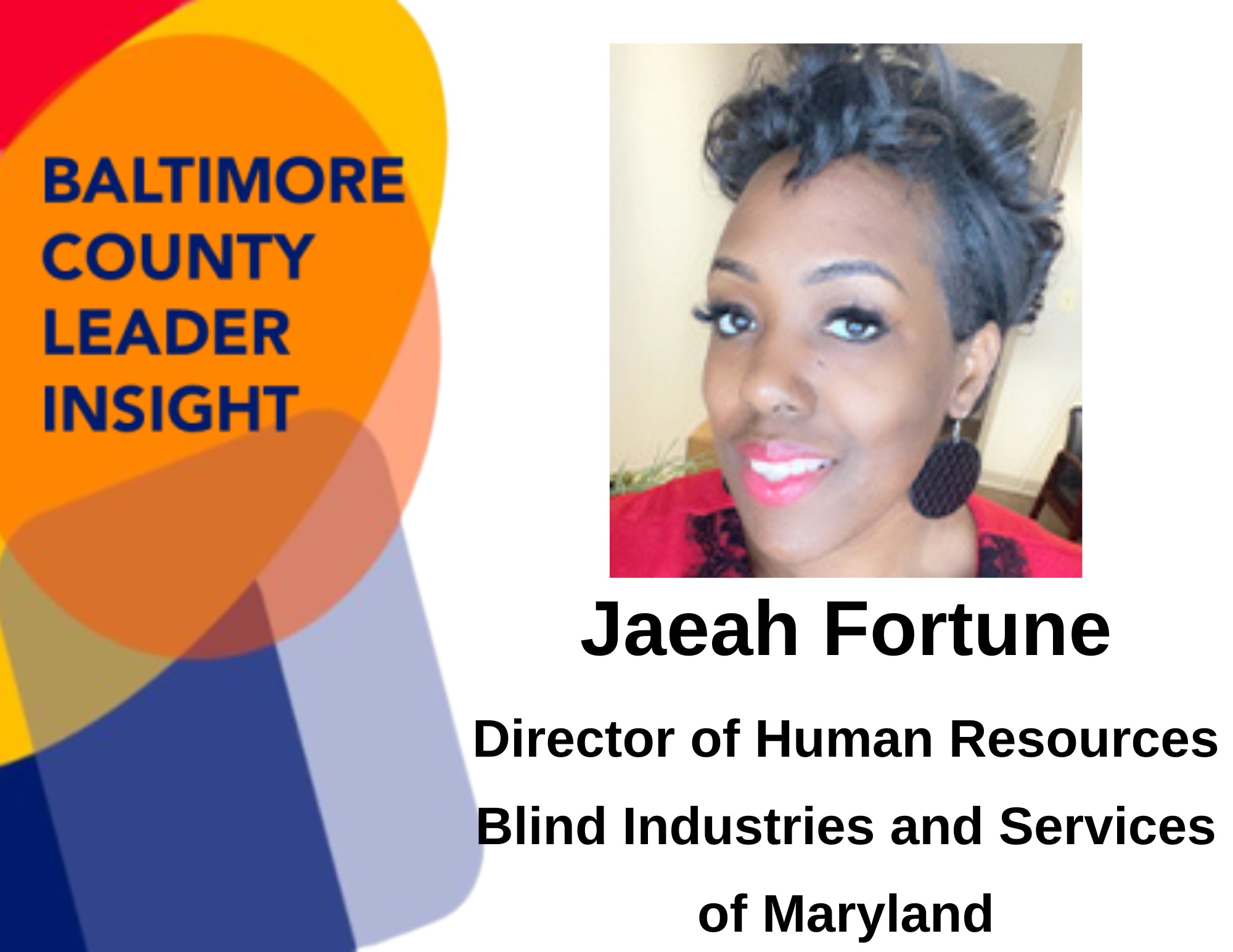
A Special Interview: June 2023
What do you feel is the greatest challenge in Baltimore County and how does it impact you and your work?
Baltimore County has such a wide-spanning demographic, varying in levels of education, economic stability and opportunity, and access. We have communities steeped in great wealth and prosperity, and others struggling under the weight of abject poverty. We also have an incredible number of public and private companies, non-profit organizations, and government services with the means to provide resources to help alleviate the challenges experienced in our county. The greatest challenge is a gap between resource providers and those in need. There can be limited knowledge of and access to resources that would otherwise serve to support deficits in the community. Resource accessibility issues can include transportation, lack of disability consideration, or just general lack of knowledge of what’s available. Within my organization I’m very invested in working with our Senior Leadership team to expand employment and professional development opportunities for our internal talent, focusing not on an associate’s disability, but on their abilities, their skills, their potential, and their motivation to succeed. My HR team also works to stay connected to available resources and to assist with access for our Associates.
What do you see as LBC’s greatest strength as developed over its 40-year history?
LBC acts as a conduit in Baltimore County, drawing top leaders and civic-minded individuals to learn more about the region’s struggles and needs, while giving organizations who are working to serve the needs of the community a platform to convey their needs to a captive, engaged audience. This uniquely positions these organizations along with the LBC participants to address current opportunities in a relevant way. LBC also works hard to create a safe space for courageous authenticity, allowing for challenging conversations and working through difficult issues in a solutions-oriented environment. These nuances of the program create the ideal circumstances for making impactful connections and truly working toward change.
How does your work as a civic leader impact your work at the BISM?
As the Director of Human Resources for BISM, my work revolves greatly around creating and supporting employment opportunities and growth for all our Associates including those experiencing blindness. I am very intentional about training and development, performance management, and overall accessibility. I’m grateful for an opportunity to be a part of an organization that is so instrumental in the advancement and progression of blind rehabilitation and employment. My personal civic leadership gives me a chance to offer my time and skills in similar support to other causes with which I feel personally aligned. While my professional journey with BISM and my personal civic engagement journey exist on 2 different roads, both roads lead to the common goal of increased access to necessary and impactful resources and improved outcomes for members of marginalized communities in our region.
How did the LBC experience shape you?
My LBC Experience did change me and I believe I’ll be discovering residual impact in my career and civic engagement for years to come. LBC increased my sense of responsibility to the challenges in my community. I no longer have the false sense that “someone else will fix it.” This program elevated my level of personal accountability to be a driving force for the changes I want to see. LBC has also amplified my voice through my network and the LBC platform. I am excited to continue to grow in my civic engagement and look forward to years of continued engagement with this program.
What life experience has most shaped who you are as a leader?
Mentorship – At every critical juncture in my life, I can identify the person whose mentorship made my progression possible. Some mentorship was intentional, and I am grateful for those who sought me out or to whom I reached out, who were willing to share their gifts and time with me. Others have mentored me without meaning to, leading by example, and giving me a guide to follow. In some cases, it was singing my praises in front of others, or giving me difficult feedback about myself to help me grow. I wouldn’t be the leader I am today without mentorship, and I am intent on paying in forward.
In your opinion, what personal trait is most important to being a good leader and why?
I know that the higher you advance in leadership, the fewer people there are who are in a position to hold you accountable in the conventional sense. This is why personal accountability is one of the most important personal traits for a good leader. Holding yourself to an elevated standard and having the self-awareness to acknowledge when you’ve fallen short of that standard and regroup is paramount to success and to motivating and inspiring others to want to work for you.
